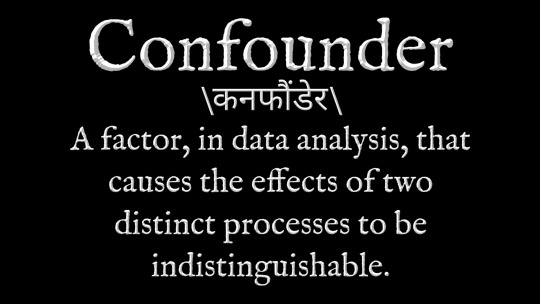Support the mathematics memorists on the mathematics front opposing the oblivescence of mathematics.
Don't wanna be here? Send us removal request.
Text
Making Sense of the Addition's Switcheroo: Understanding the Commutative Property of Addition
The commutative property of addition is a fundamental concept in mathematics that states that changing the order of the addends in an addition problem does not change the sum. In other words, if you add two numbers, say 2 and 3, you get 5. If you switch the order and add 3 and 2, you still get 5. This may seem like a simple and obvious concept, but it has significant implications for mathematical reasoning and problem-solving.
In contrast to the commutative property of addition in mathematics, where changing the order of the addends does not affect the result, the order of words in language is crucial to meaning. As opposed to in sentence construction, for instance, the order of words can significantly affect the meaning of a sentence. Consider the sentence, "The cat wore a hat on Monday, and on Tuesday the hat wore the cat." If we switch the order of the words, the sentence's meaning changes completely.
The commutative property of addition has been recognized for thousands of years. The ancient Greeks and Egyptians understood the concept, and it was later formalized by the Indian mathematician Brahmagupta in the 7th century. However, the property did not receive its current name until the 19th century, when it was introduced by the French mathematician Augustin-Louis Cauchy.
An understanding of the commutative property of addition has practical applications in many areas of mathematics and science, including algebra, geometry, and physics. By allowing us to rearrange the order of numbers without changing the result, the commutative property simplifies calculations and makes it easier to approach problems from different angles. It also serves as a foundation for more complex concepts and operations, such as commutative rings and group theory.
In conclusion, the commutative property of addition is a powerful concept in mathematics that has implications for mathematical reasoning and problem-solving. While it may not be a perfect analogy to other domains, like language and sentence structure, where the order of elements can be crucial to meaning, the commutative property is a valuable tool that allows us to approach problems from different angles and find more efficient solutions.
#Mathematics#Addition#Commutative Property#Problem-Solving#Algebra#Geometry#Physics#Mathematical Reasoning#Group Theory#Number Theory#MorMathematics#Moribund Institute#ChatGPT#Midjourney
1 note
·
View note
Text

Confounder [कनफौंडेर] (mathematics) A factor, in data analysis, that causes the effects of two distinct processes to be indistinguishable; a confounding variable.
Wiktionary contributors, "confounder," Wiktionary, The Free Dictionary, https://en.wiktionary.org/w/index.php?title=confounder... (accessed August 9, 2022).
#Confounder#MorMathematics#Mathematics#MorMath#Math#WearYourDictionary#Wear Your Dictionary#Wear Your Words#WearYourWords#Factor#Data Analysis#कनफौंडेर
1 note
·
View note